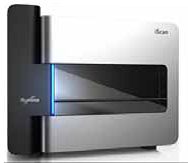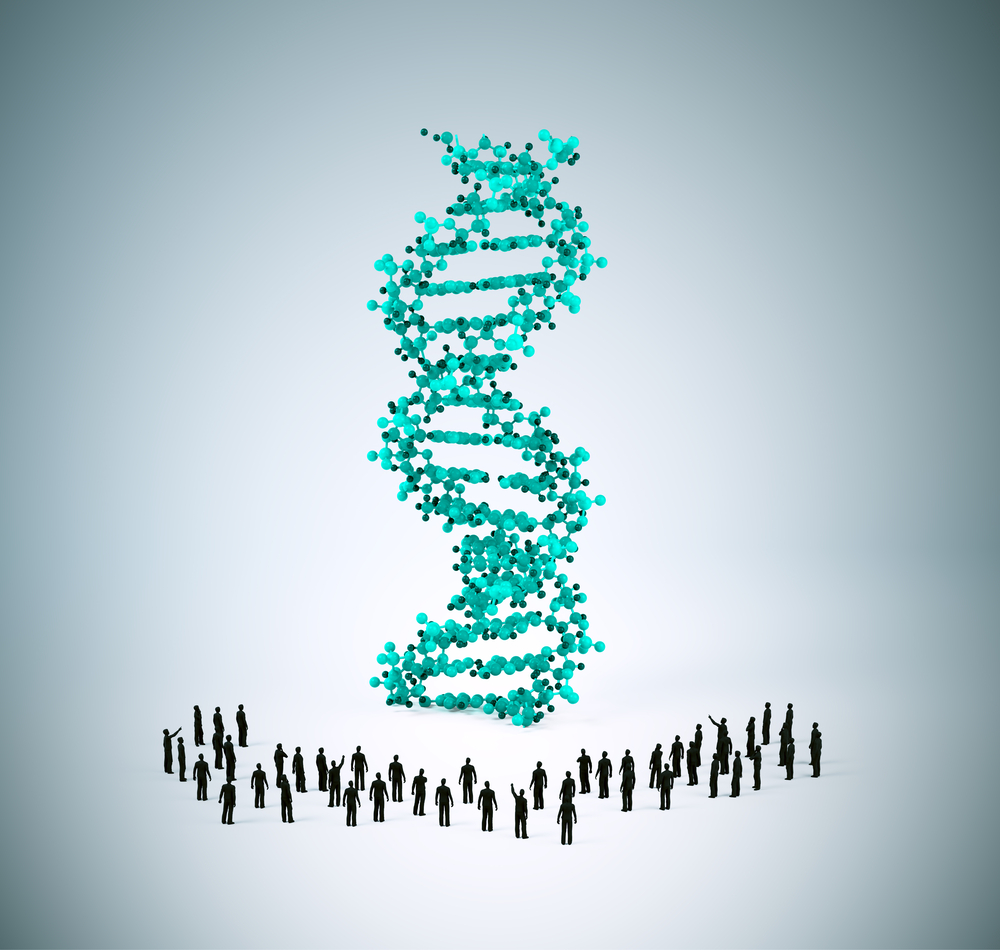- Genomics
- Transcriptomics
- Epigenomics
- Meta-omics
- Proteomics
- Single-Cell Sequencing
- Immune Repertoire Sequencing
- FFPE Samples

BeadArray Genotyping
Cases
Technical Information
Contact Us / Wish List
Illumina BeadArray is a highly efficient and accurate  genotyping technology applied at BGI Tech for SNP genotyping and copy number variation (CNVs) analysis. BGI Tech offers flexible selections (Custom/Standard) for BeadArray genotyping services with two series of chips, GoldenGate and Infinium, to meet different demands. This genotyping platform is an efficient tool to perform GWAS focused on the discovery of associations of particular genes with diseases, or to validate large number of rare variants, including common SNPs from databases and de novo mutation loci discovered by next-generation sequencing.
genotyping technology applied at BGI Tech for SNP genotyping and copy number variation (CNVs) analysis. BGI Tech offers flexible selections (Custom/Standard) for BeadArray genotyping services with two series of chips, GoldenGate and Infinium, to meet different demands. This genotyping platform is an efficient tool to perform GWAS focused on the discovery of associations of particular genes with diseases, or to validate large number of rare variants, including common SNPs from databases and de novo mutation loci discovered by next-generation sequencing.
Benefits:
- High mark density: A large number SNP loci (102-106) can be detected simultaneously in a single reaction
- High reproducibility (> 99.7% and single base error rates < 0.1%): the average SNP call rate is greater than 99%
- Low cost: Lower price than other techniques
- Flexibility: Custom chips can be designed according to different requirements
- High throughput: Thousands of samples can be genotyped every week
- Success rate: Average call rate is greater than 99%
- Accuracy: Mendelian error rate is less than 0.1%
Illumina Genotyping Chips:
|
Species/Population |
Array Name |
SNP Number |
|
Human samples
|
HumanOmni5 |
~4.5M |
|
HumanOmni2.5 |
~2.5M |
|
|
HumanOmniExpress |
>700k |
|
|
HumanExome |
>250k |
|
|
HumanCore |
>240k |
|
|
Chinese population |
HumanOmniZhonghua |
900k |
|
Bovine |
BovineHD BeadChip |
777k |
|
BovineSNP50 |
>50K |
|
|
Canine |
CanineHD |
170k |
|
Ovine |
OvineSNP50 |
>50K |
|
Porcine |
PorcineSNP60 |
>60K |
|
Maize |
MaizeSNP50 |
>50K |
|
All species |
GoldenGate |
96-3k |
|
All species |
iSelect HD |
3k-1M |
Distinct DNA Methylomes of Newborns and Centenarians. Proc. Natl. Acad. Sci. 109(26):10522-7 (2012).
Epigenetic drift is an alternative means of explaining age-associated alterations. To address this issue, we performed whole-genome bisulfite sequencing (WGBS) of newborn and centenarian genomes. The centenarian DNA had a lower DNA methylation content throughout the genome in comparison with the more homogeneously methylated newborn DNA. In addition, using the HumanOmni5 SNP array (4.3M SNPs; Illumina), genotyping of the newborn and a centenarian detected 151 copy number variations, and demonstrated the absence of aneuploidy in the samples studied.
The Diploid Genome Sequence of an Asian Individual. Nature. 456, 60-65 (2008).
 Using a massively parallel DNA sequencing method, we have generated the first diploid genome sequence of a Han Chinese individual. In particular, genomic DNA was extracted from peripheral venous blood, followed by human whole genome resequencing and Illumina Human 1M BeadChip genotyping. We identified approximately 3 million single-nucleotide polymorphisms (SNPs) inside this genome sequence, of which 13.6% were not in the dbSNP database. Genotyping analysis showed that SNP identification had high accuracy and consistency.
Using a massively parallel DNA sequencing method, we have generated the first diploid genome sequence of a Han Chinese individual. In particular, genomic DNA was extracted from peripheral venous blood, followed by human whole genome resequencing and Illumina Human 1M BeadChip genotyping. We identified approximately 3 million single-nucleotide polymorphisms (SNPs) inside this genome sequence, of which 13.6% were not in the dbSNP database. Genotyping analysis showed that SNP identification had high accuracy and consistency.
Bioinformatics:
Standard Bioinformatics Analysis
- Data production and SNP calling
- Sample level QC: Sample call rate, sample mix, gender identification (human only)
- SNP level QC: SNP call rate, signal quality test, Hardy Weinberg equilibrium test
Advanced Bioinformatics Analysis- Human
- Imputation: Predict unknown genotypes with the known genotype and impute the missing data
- Association analysis: Analyze the relationship between the haplotype and the phenotype of SNPs, analyze the interactions among genes, and construct the interaction network
Advanced Bioinformatics Analysis- Animal & Plant
- Population analysis
- Imputation
- Phylogeny tree analysis
- Population structure analysis
- Principal component analysis
- Genetic mapping
- Genetic map construction
- QTL mapping analysis (with phenotype data)
- Integration of genetic map (with original map of the same mapping populations)
Sample Requirements:
- Sample condition: DNA samples, no degradation or slight degradation
- Sample quantity (for library construction once): amount≥ 500 ng DNA (≥ 1μg is recommended)
- Sample concentration: ≥ 30 ng/μl
- Sample purity: OD260/280=1.8-2.0
Turnaround Time:
The standard turnaround time for the workflow is about 15 workdays for fewer than 96 samples as the chips and samples are ready. (Advanced bioinformatics analysis is not included and the exact time is based on the chips used in the project specified in the contract).
Completion Indicator:
The average SNP call rate should be no less than 95%.

